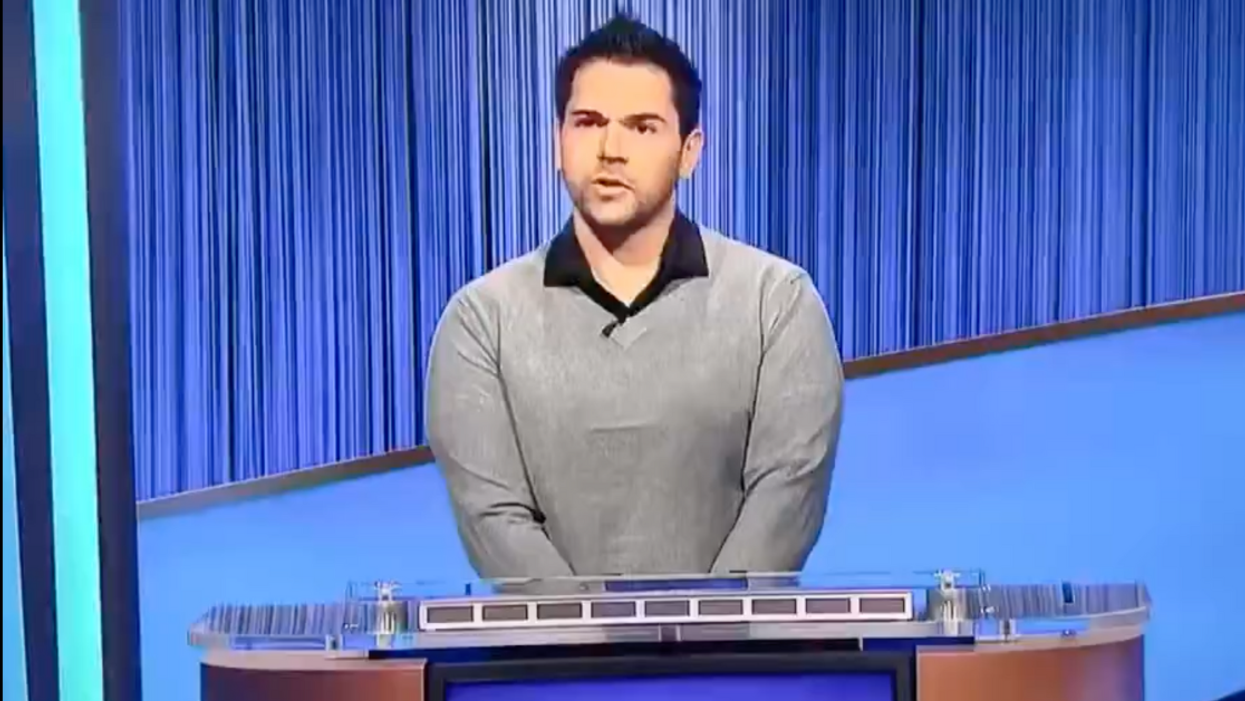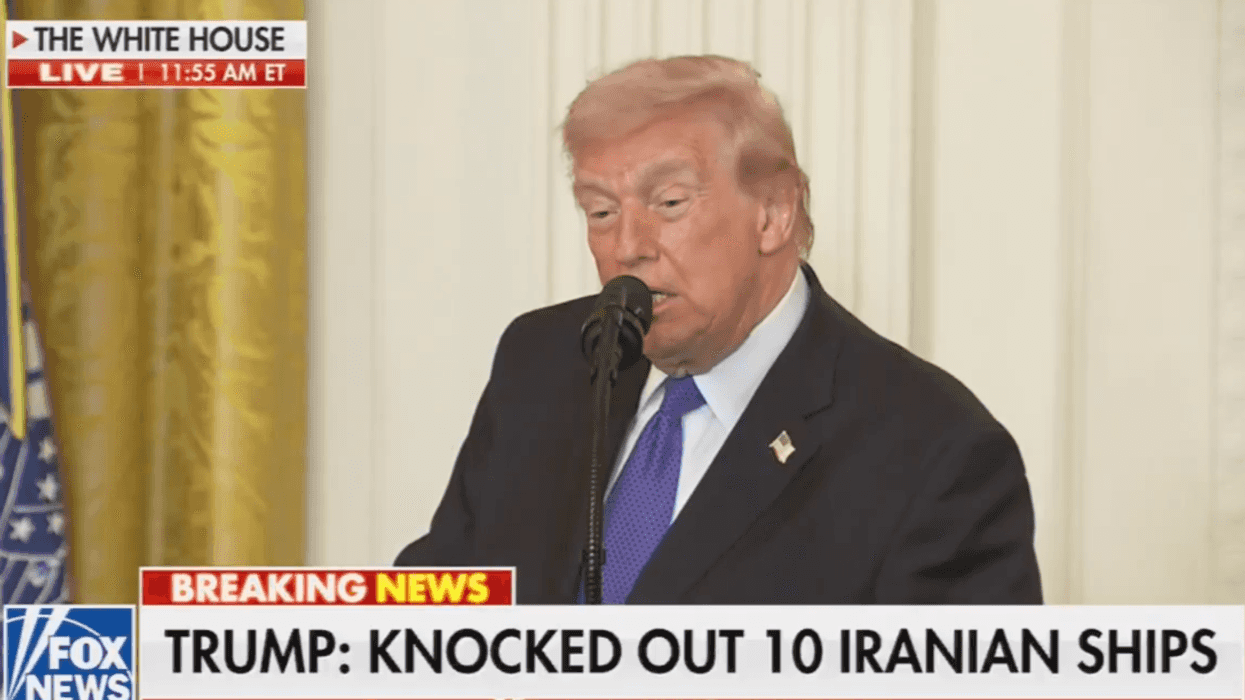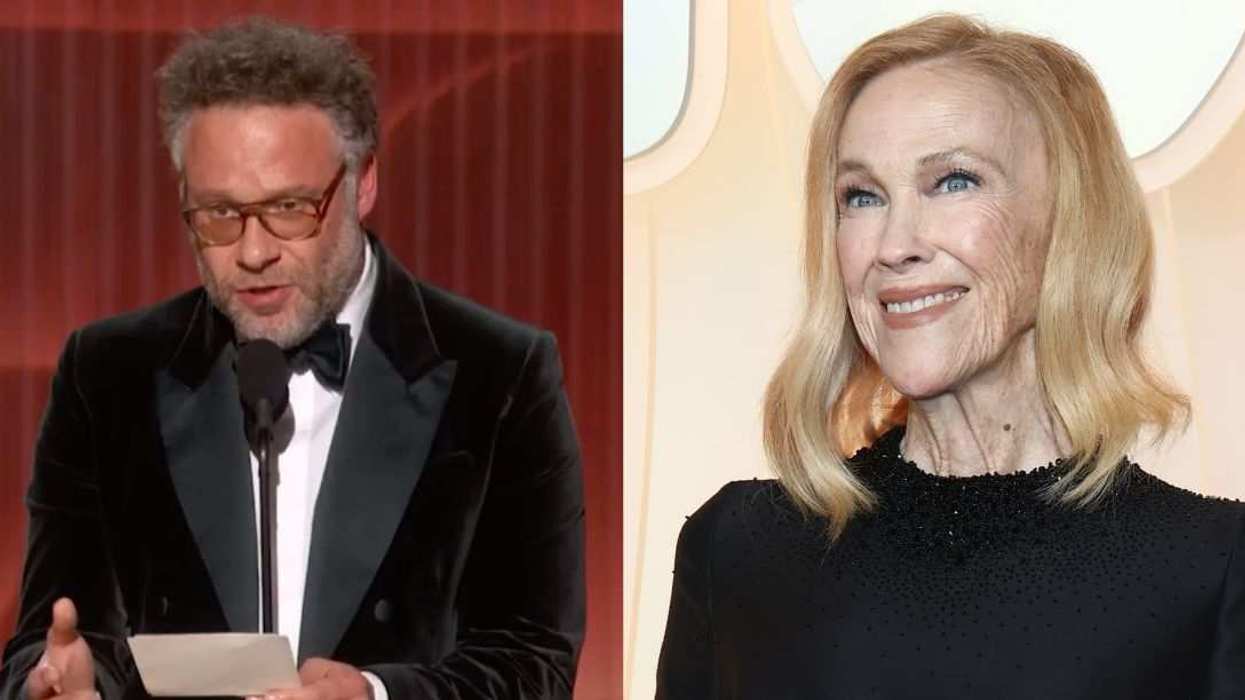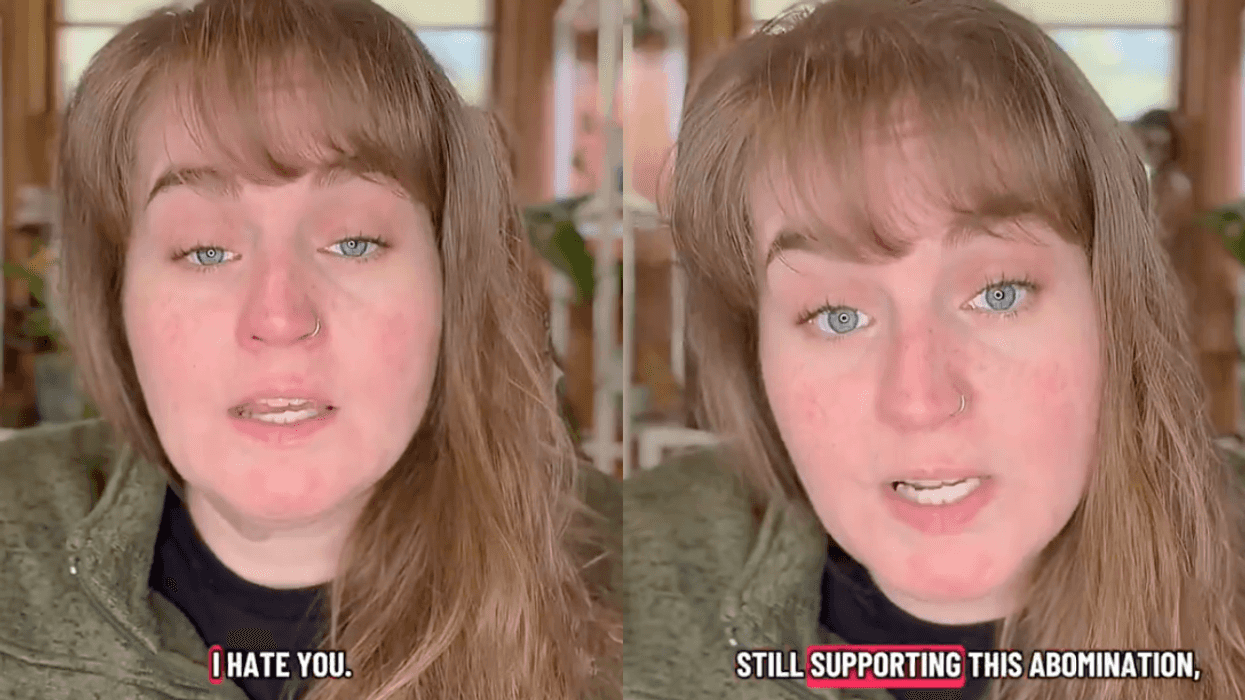A recent episode of Jeopardy! has triggered an online uproar among conservatives after the program's contestants, who were participating in the Tournament of Champions, encountered a puzzle featuring gender-neutral pronouns.
In the "Speech! Parts of Speech!" category, contestant Cris Pannullo selected a $600 puzzle, revealing the answer "Xem, Xyrs, Xemself." Pannullo correctly identified the response as pronouns, securing the prize. Host Ken Jennings, however, noted that these were specifically neopronouns.
The use of gender-neutral pronouns like "xem, xyrs, and xemself" has gained traction in recent years, reflecting a broader societal shift toward inclusivity and respect for diverse gender identities.
The inclusion of a pronoun-related question on the game show angered conservatives after the right-wing account End Wokeness shared footage of the moment via its account on X, formerly known as Twitter.
You can watch the moment in the video below.
Conservative users criticized Jeopardy! for what they perceived as a nod to "wokeness," criticizing a broader spectrum of liberal ideas that they perceive as detrimental to historically privileged groups, meritocracy, and religious freedom.
Their anger was palpable.
Many others mocked conservatives for clutching their pearls over a quiz show question.
Preferred gender pronouns are the pronouns a person prefers to be used when they are referred to, in order to indicate their gender identity.
It has become increasingly common for people to display their pronouns in the workplace or on social media profiles. Because pronouns are not indicative of a person's sexual orientation, not everyone who shares their pronouns necessarily identifies as LGBTQ+.
Straight, cisgender people often choose to share and display their pronouns to let others, especially LGBTQ+ individuals, know they are in a safe space, especially if their gender identity is often questioned or if they are regularly misgendered.
The use of gender pronouns in the workplace, for instance, helps normalize and encourage discussions about gender in such a way that transgender and non-binary individuals can feel safe and included.
















